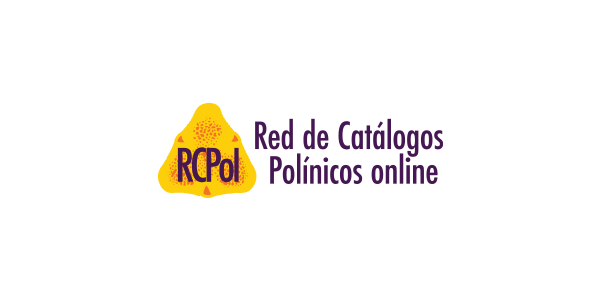“Study of bee flora and pollen grains for the insertion of data in the Online Pollen Catalogs Network: subsidy for bee management and conservation” (2015-2020)
Date: 05/14/2020 at 14h00 (GMT – 3:00)
14h00: Presentation of results of the project ‘’Study of bee flora and pollen grains for the insertion of data in the Online Pollen Catalogs Network: subsidy for bee management and conservation” – Cláudia Inês, Cláudia Quaglierini and Antonio Saraiva
Book: Plantas e pólen em áreas urbanas: uso no paisagismo amigável aos polinizadores
14h10: Abelhas sem ferrão e ambientes urbanos – Astrid de Matos Peixoto Kleinert
14h15: As áreas verdes do Instituto de Biociências da USP – José Rubens Pirani
14h20: Museu Catavento: História do Palácio das Indústrias – Rodrigo Moura Silva
14h25: Rede de interação entre abelhas e plantas no Jardim do Museu Catavento – Fabricio Yuji Silva Arakaki
Book: “Atlas of pollen and plants used by bees”
14h30: The plants visited by bees in Canada, with focus on Eucera pruinosa Say, 1837 (Apidae, Eucerini) – Patrícia Nunes-Silva
14h35: Pollen load analysis of wild bees in an oil palm crop in Magdalena, Colombia – Daniel F. Alvarado Ospino
14h40: Floral resources used by Bombus spp. (Hymenoptera: Apidae) in the Bogotá plateau. A joined effort between BEAS group in Colombia and RCPol – Paola Alarcon
14h45: Bees, plants and pollen in Central Amazonia – how surrounding areas contribute to pollination of guarana (Paullinia cupana var. sorbilis (Mart.) Ducke) – Matheus Montefusco
14h50: Contributions to the study of ecological interactions between euglossini bees and urbanized flora – Gercy Soares Pinto
14h55: Pollen collection of Brazilian Tropical Dry Forest – Camila Maia-Silva
15h00: Incredible information that pollen can tell us about the bee plant interaction – Isabel Alves dos Santos
15h05: Trophic niche of Melipona (Eomelipona) marginata Lepeletier, 1836 – in floodplain fields of National Forest Reserve (FLONA) of Três Barras, in the southern Atlantic Forest of Brazil – Cláudia Inês da Silva
15h10: Important floral sources used to feed bees in southern Brazil – Jefferson Nunes Radaeski
15h15: Closing

